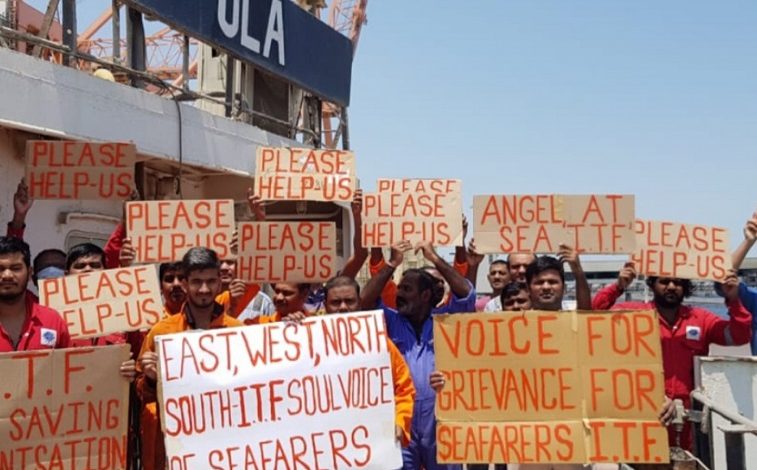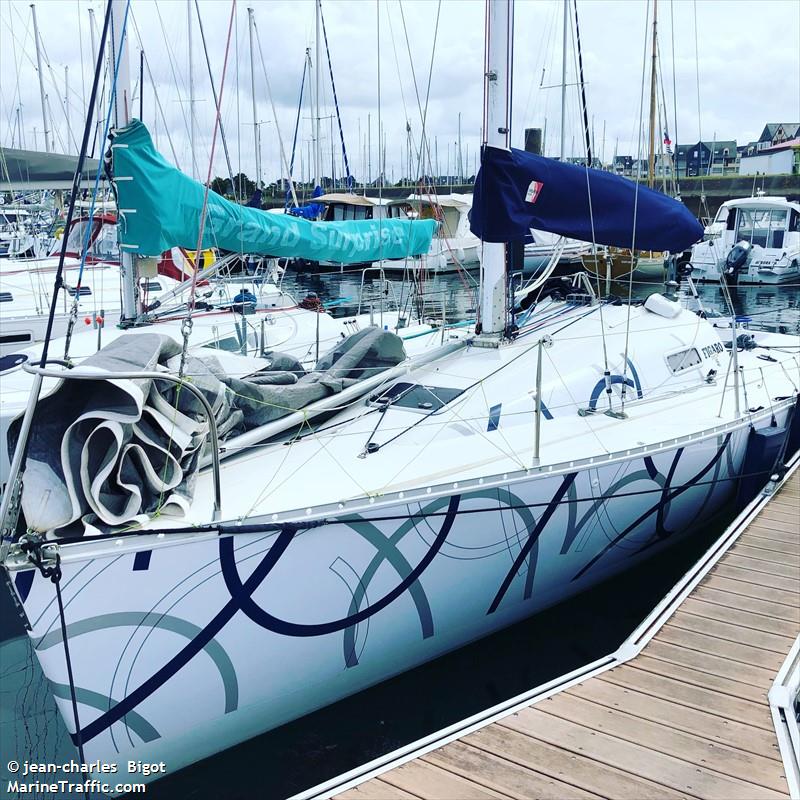Abandoned seafarers to return home after two-year ordeal

The International Transport Workers’ Federation (ITF) has reported that the 19 remaining crewmembers of the abandoned Aswan bulker Ula will be going home this week, bringing their two-year ordeal to a close.
The seafarers were left abandoned as part of a larger crew of 25 when the Ula’s owner, Aswan Trading and Contracting, stopped paying their wages and providing food, fuel and water in 2019, ITF said.
The controversial Qatari shipping company has recently been issued a record ban in Australia for major safety and maintenance issues, along with crew welfare abuses.
It was in January this year when the seemingly forgotten, abandoned crewmembers began their hunger strike in front of the world’s media.
They appealed to Kuwaiti authorities to pay the crew’s owed wages in Aswan’s stead, and to help them finally get them home to their families. While Kuwait was willing to help with the latter, recovering the seafarers’ wages, Kuwait said, would require sale of the ship – which could take years.
ITF Arab World and Iran network coordinator, Mohamed Arrachedi, had been on the case to help secure the crew’s wages from the owner and get them off the vessel in Kuwait, but Kuwaiti Covid-related restrictions on border movements prevented that course of action.
The ITF spent much of early 2021 publicising the crew’s case, urging Kuwait’s port and maritime authorities to show compassion for the affected port state both publicly and privately.
In early June, Arrachedi received word from the Kuwaiti authorities that the crew, some having been on board as long as 31 months, would finally be heading home.
He said the Ula had become one of the most notorious cases of modern abandonment. It showed an example both of what can happen with the international shipping system and of what should never be allowed to happen.
“Our work has not stopped on this case, as we are in contact with the crew, informing them about developments and coordinating with them the legal actions we are taking to try to recover their wages.
“But even if the ship is sold for a good price and all of the wages are returned to these seafarers – what is the human cost? What is the price of this trauma?” Arrachedi noted.
New figures released last week by the ITF show that seafarer abandonment is at an all-time high. The ITF lodged 60 of the record 85 cases which appeared in the International Labour Organisation’s (ILO) abandonment database in 2020.
Just 34 cases were reported to the ILO in 2018, with a slight rise to 40 in 2019. Between 2019 and 2020, the number of cases more than doubled, with the 85 last year representative of hundreds of seafarers who were owed repatriation flights, more than two months’ wages, or both, the ITF said.

 will be going home this week, bringing their two-year ordeal to a close.
will be going home this week, bringing their two-year ordeal to a close.
Hats off to the ITF, the only organization which has the resources and commitment to help abandoned seafarers. Meanwhile the HRAS “calls for” something to be done”(that’ll shake ‘em)
while others compile the Happiness Index, which is an insult to the probably hundreds of seafarers abandoned around the world. Cases on the ground sort the wheat from the chaff. Either you’re for the beleaguered seafarers, and against the abusing owners, charterers, crewing managers and the rest of the industry’s “great and good”, or you’re irrelevant, like the Happiness Index and HRAS. There’s no comfortable middle ground where the callous abuse of innocent seamen is concerned. Abandonment of crews is as serious today as when l was dealing with it 35 years ago. The abuse and exploitation of seafarers is built into the capitalist model of international shipping. Being largely clear of governmental control. It attracts a certain kind of buccaneer shipowner for whom people are a cost to be minimized or ignored completely. How many of the seafarers rescued by the ITF will end up on a blacklist for receiving support and relief from the industry’s bête noire? Despite some slight improvements the vast majority of seafarers languish in a regulatory ‘black hole’. There is precious little on the horizon to change this soon.